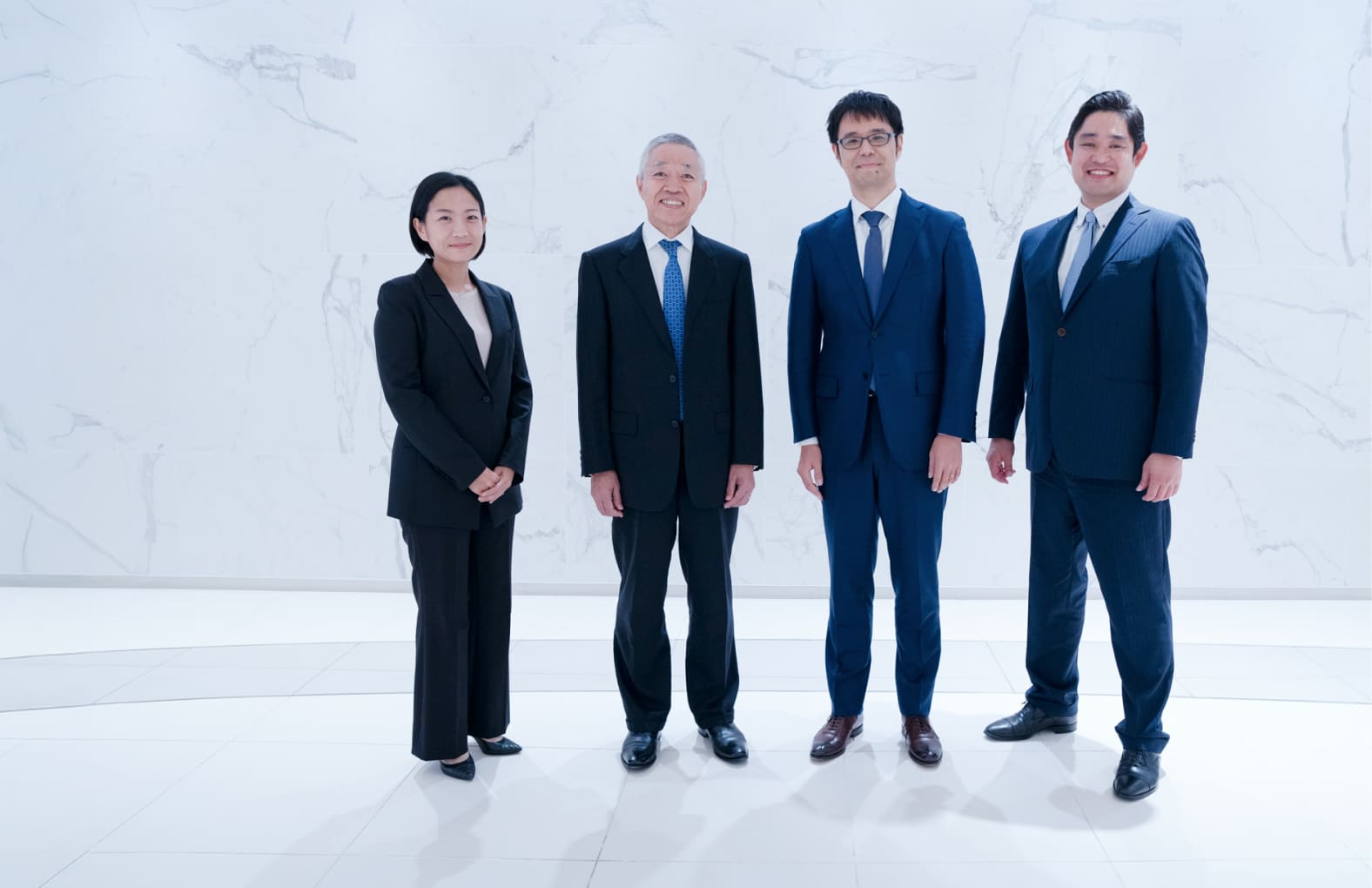
Contemporary Issues in the Field of Commerce and Economic Security and the Importance of Economic Intelligence
Trust in the WTO has been inconsistent, and there are signs of instability in the free trade system. Meanwhile, as the US-China relationship changes and geopolitical risks increase, economic security is coming to the forefront as a factor to be considered in trade issues. At a time of increasing uncertainty in global business activities, our firm will continue to provide comprehensive and in-depth advice related to international trade and economic security, based on integrated economic intelligence.

AMT's Energy Transition Legal Services ~ Frontline of Practice ~

Japan Legal Update
AMT is committed to delivering up-to-date insights on Japanese legal matters to our clients. Our Japan Legal Update provides comprehensive summaries of recent legislative changes, court precedents, and industry trends in Japan across various practice areas. For those seeking more in-depth information, we invite you to explore our newsletter

Acting for Sustainability : A Legal Perspective
Lately, global-level issues and the UN’s 17 Sustainable Development Goals (SDGs) that indicate the goals for solving these issues have been drawing more attention. At Anderson Mōri & Tomotsune, we as legal professionals continue to look for ways to contribute to achieving these SDGs. Our lawyers have developed a wealth of SDG-related expertise in their respective fields and have put these resources at the disposal of our clients, helping them find best practice-based solutions to the many legal issues that attach to sustainable development. <br> <br> "Feature #9: Thinking Through Financial Institutions and Sustainability with Mr. Imai of the Norinchukin Bank (Interview with Masato Imai, Managing Executive Officer (Head of Global Banking, Co-Chief Sustainability Officer) of the Norinchukin Bank, conducted by Kei Sasaki, Partner at AMT and Nao Okada, Associate at AMT)" has been posted. (Last updated May 10, 2024)
Date/Time:Aug 2, 2024 13:30 ~ 17:00
Venue:Yayoi Auditorium Ichijo Hall, The University of Tokyo
Date/Time:Sep 2, 2024 15:00~17:00
Venue:Anderson Mori & Tomotsune / Web broadcast
Subscribers to our newsletter receive the latest information and invitations to firm-hosted seminars.
Get Our Newsletter



